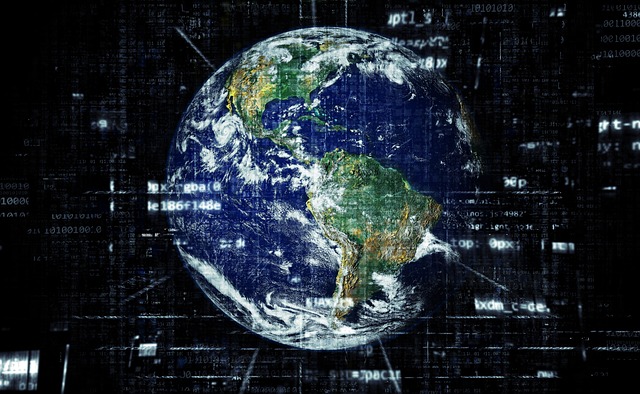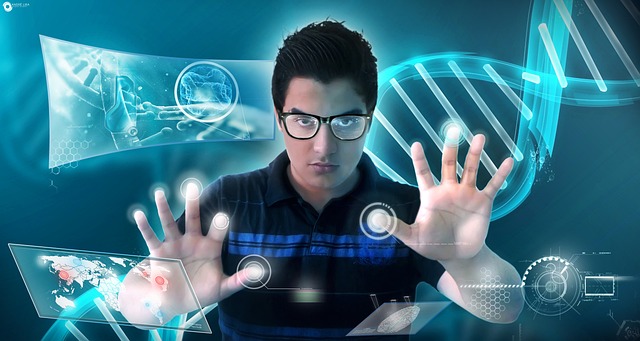Section 1: The Rise of AI and its Impact on Technology
Artificial Intelligence (AI) has been a buzzword in the tech industry for quite some time now. From self-driving cars to virtual assistants, AI has become an integral part of our daily lives. But what exactly is AI and how is it revolutionizing technology? AI can be defined as the ability of machines to perform tasks that typically require human intelligence, such as problem-solving, decision making, and natural language processing. With the advancements in technology and the availability of big data, AI has evolved from a mere concept to a powerful force that is shaping our future.
One of the key impacts of AI on technology is its ability to process and analyze vast amounts of data at a speed that is impossible for humans to match. This has led to the development of intelligent systems that can make accurate predictions and decisions based on the data they have been trained on. For example, AI-powered algorithms can analyze customer data to predict their preferences and behavior, helping businesses to personalize their offerings and improve customer satisfaction. This not only saves time and resources but also leads to better outcomes.
Another significant impact of AI on technology is its ability to automate tasks that were previously done by humans. This has resulted in increased efficiency and productivity in various industries. For instance, in the manufacturing sector, robots powered by AI can perform complex tasks with precision and speed, reducing the need for human labor. This not only saves costs but also eliminates the risk of human error, leading to better quality products. As AI continues to advance, more and more tasks will be automated, freeing up humans to focus on more creative and high-value work.
Section 2: AI and its Role in Shaping Our Future
The potential of AI goes far beyond just improving efficiency and productivity. It has the power to transform industries and shape our future in ways that were once unimaginable. One of the most promising applications of AI is in the field of healthcare. With the help of AI, doctors can analyze patient data and medical records to make accurate diagnoses and recommend personalized treatment plans. This not only saves time but also improves the chances of successful treatment. Additionally, AI can also assist in drug discovery and development, potentially leading to the discovery of life-saving treatments.
AI is also playing a crucial role in the transportation industry. With the development of self-driving cars, AI has the potential to revolutionize the way we travel. These cars are equipped with sensors and cameras that enable them to navigate through traffic and make decisions in real-time. This not only reduces the risk of accidents but also has the potential to reduce traffic congestion and improve the overall transportation system. Moreover, the use of AI in transportation can also have a positive impact on the environment by reducing carbon emissions.
Apart from these, AI is also being used in various other fields such as finance, agriculture, and education. In finance, AI-powered algorithms can analyze market trends and make investment decisions, leading to better returns. In agriculture, AI can help farmers to optimize their crop yields by analyzing weather patterns and soil data. In education, AI-powered virtual tutors can provide personalized learning experiences to students, helping them to learn at their own pace and in their preferred learning style. These are just a few examples of how AI is transforming different industries and shaping our future.
Section 3: The Challenges and Concerns Surrounding AI
While there is no doubt that AI has the potential to bring about significant positive changes, it also raises concerns and challenges that need to be addressed. One of the main concerns surrounding AI is the fear of job loss. As more tasks become automated, there is a fear that many jobs will become redundant, leading to unemployment. However, experts believe that while some jobs may be replaced, AI will also create new job opportunities in fields such as data science and AI development.
Another major concern is the ethical implications of AI. As AI systems become more advanced, there is a fear that they may make decisions that are biased or unethical. For instance, AI-powered hiring systems may discriminate against certain groups of people based on their race or gender. To address this, it is crucial for AI developers to ensure that their systems are unbiased and ethical. This can be achieved by training the AI on diverse data sets and continuously monitoring and updating the algorithms.
Lastly, there is also a concern about the potential misuse of AI. With the ability to process and analyze vast amounts of data, AI can also be used for malicious purposes such as cyber attacks and surveillance. To prevent this, it is essential for governments and organizations to have strict regulations and guidelines in place for the development and use of AI.
Conclusion
In conclusion, AI has the potential to revolutionize technology and shape our future in ways that were once unimaginable. From improving efficiency and productivity to transforming industries, AI is a powerful force that is here to stay. However, it is crucial for us to address the challenges and concerns surrounding AI and ensure that it is used in an ethical and responsible manner. With the right approach, AI can truly unleash its power and bring about positive changes in our lives.











